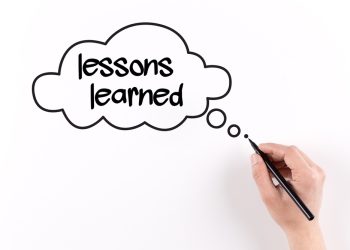Captains suffer from fatigue and stress more than their crews; fatigue can result in long term physical and mental health issues; motivation decreases over the length of the voyage; and night watchkeepers get significantly less total sleep than others on board, according to the latest research on seafarer fatigue. These were just some of the key findings from MARTHA – the international research study into short term sleepiness and long term fatigue of seafarers – discussed and debated by the UK shipping industry at a seminar and workshop, held at Warsash on June 2016.
Hosted by the Project’s lead partner, Southampton Solent University, MARTHA’s partners from Sweden, Denmark, China and the UK presented some of their findings, followed by a workshop to get feedback from industry and University staff.
Funded by the TK Foundation, the $1million three year project gathered a large database of new information from over 1,000 seafarers, and carried out a field study of over 100 seafarers working at sea worldwide.
The study has collected data on their fatigue levels, sleep patterns and psychological wellbeing. Of particular importance was the use of Actiwatches for extended periods, which volunteers wore to register their periods of activity and sleep.
Attendees from the industry – including the MCA, MAIB, ITF, Lloyd’s Register, IMarEST, the UK Chamber of Shipping and Shell –were particularly interested in the impact of long voyages on sleep patterns, including both sleep quantity and sleep quality.
Claire Pekcan, Associate Professor at Warsash, who worked on the actigraphy analysis with Dr Anne Hillstrom of the University of Southampton, said:
“The actigraphy analysis has been particularly interesting and demonstrates how the overall amount of sleep decreases over time on board, and how the quality of sleep, as measured through disturbances to sleep, increase the longer crew are on board.”
Other important issues covered during the seminar included the differences in perception of fatigue between seafarers managed by European companies and Chinese owned companies, and the effects of port visits on workload and fatigue. Speaking after the event, the partner leading the dissemination activities, Captain Kuba Szymanski, Secretary General of InterManager, said:
“Other workshop events for managers and seafarers are planned in the autumn in locations like Singapore and Manila, and the outcomes of these workshops will be used as a basis for a publication of all the main findings towards the end of the year”.
Speaking about the future impact of the study, Emeritus Professor Mike Barnett said:
“The shipping industry has been following MARTHA’s progress with considerable interest as the momentum for revising the guidance on fatigue has grown at the International Maritime Organization (IMO). The findings from MARTHA are anticipated to have an influence on the eventual guidelines to be published by IMO.”
Source & Image Credit: www.warsashacademy.co.uk































































